
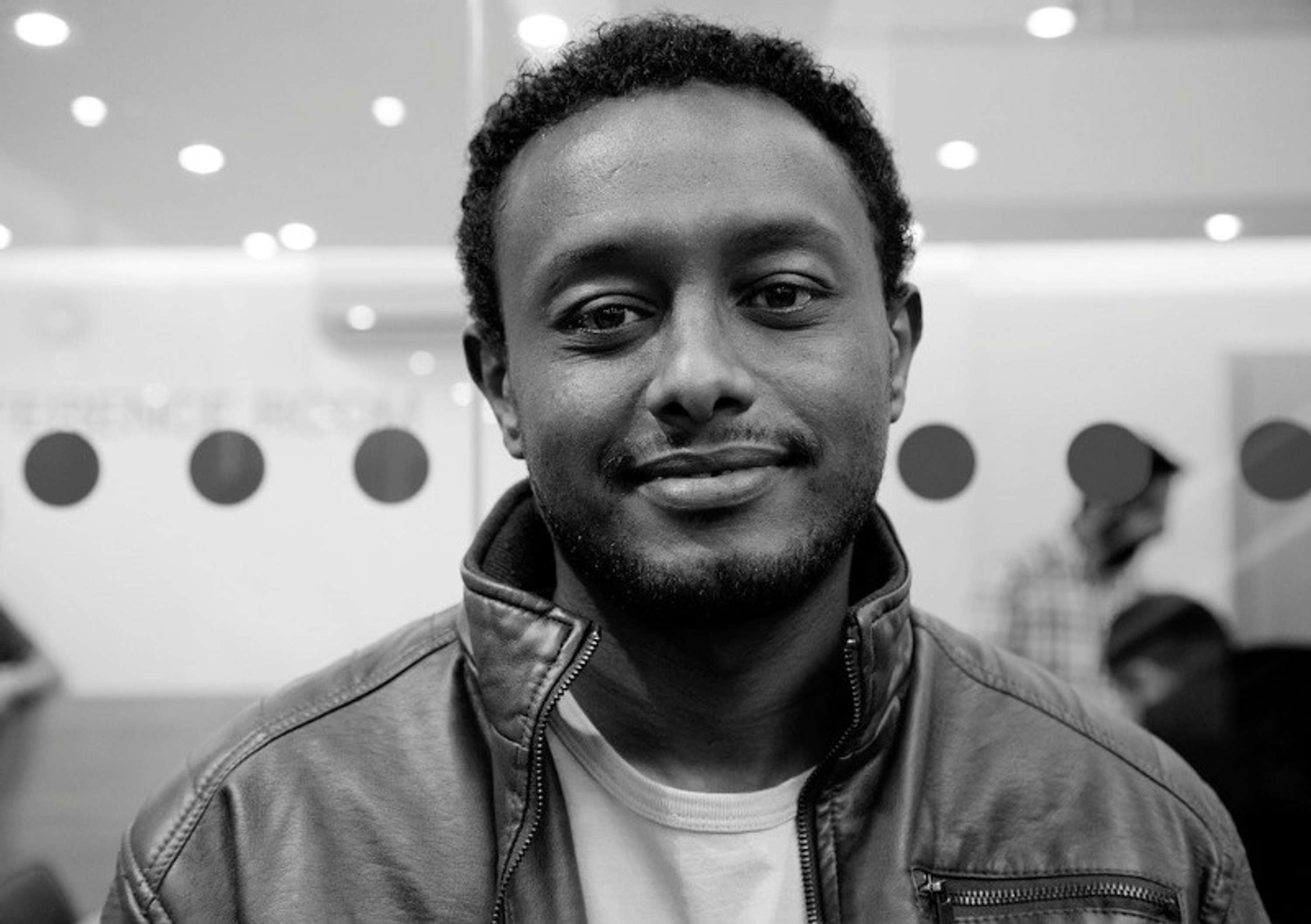 Photo by Alice Rowsome
Photo by Alice Rowsome
The following article is a capture of a talk by Code Your Future at AfroTech Fest. It’s was part of my 100 days of writing challenge.
“His name is Sentayhu.”
It means “one who has seen much.”
Mozafar Haider, a mentor at CodeYourFuture, points towards the back of the room. The crowd at AfroTech Fest turns to follow and collectively our eyes settle upon Sentayhu who looks shy under the sudden attention. He smiles.
Originally landing in the UK as an asylum seeker from Ethiopia and facing the struggles of finding employment, Sentayhu now works as a developer for the Financial Times. His story is a testament to the coding school’s success.
Code Your Future (CYF) is a not-for-profit organisation running free programming courses across the U.K. The only rule? You have to be a refugee or asylum seeker to attend.
“Before we continue any further, let’s clear up what the difference is between a refugee and an asylum seeker. I know a lot of people are confused”, Mozafar said.
For the purposes of this article, all we need to know is asylum seekers can’t work in the U.K. but refugees can.
While the course accepts both, asylum seekers have no guarantee of being granted refuge in the U.K. They could be forced to leave the country at any moment. Still, “they don’t skip a single class in more than 6 months.” Many of them are parents with young children they sometimes bring to class.
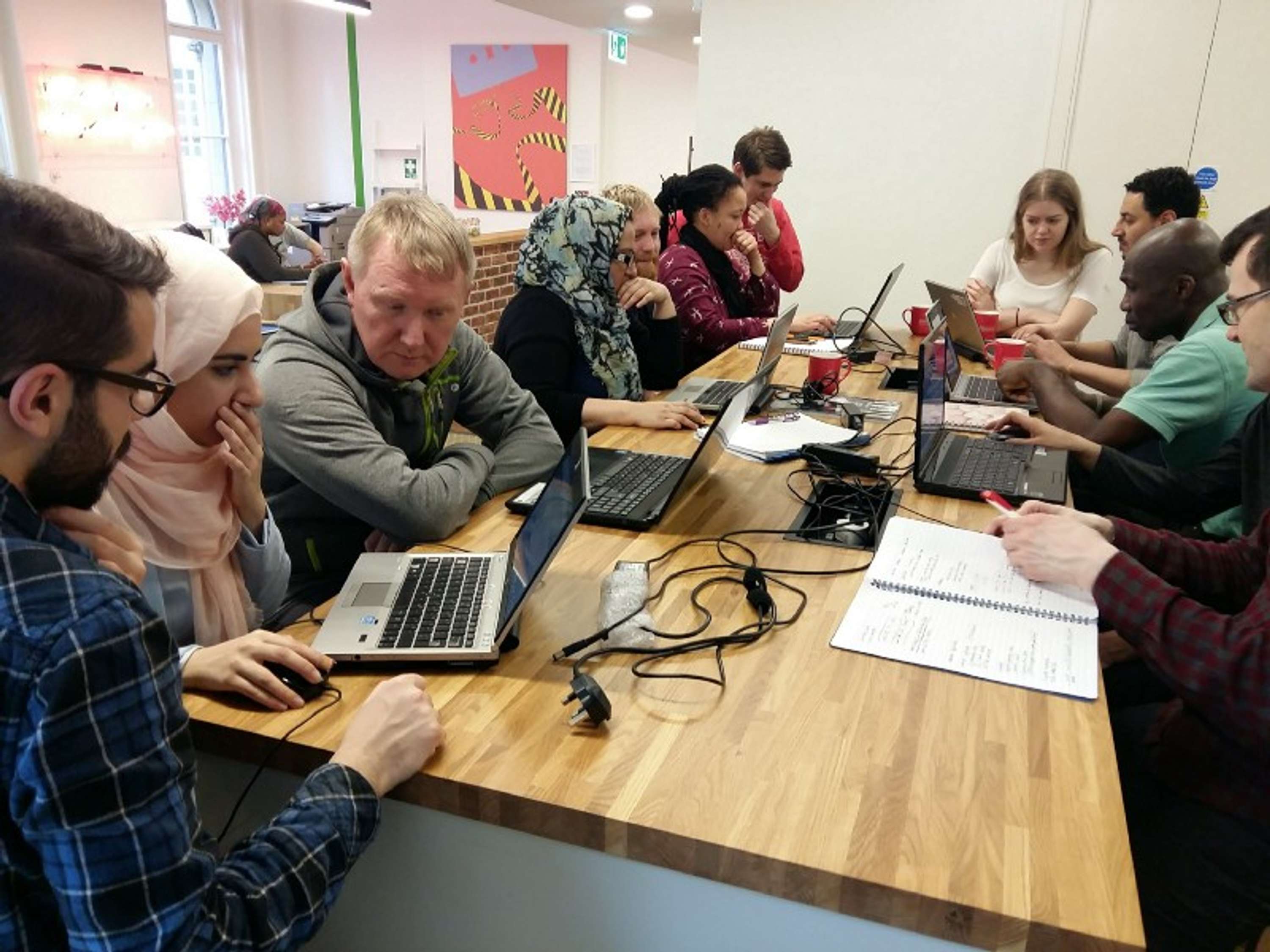 CYF in Manchester | Photo by Code Your Future
CYF in Manchester | Photo by Code Your Future
Background
In October 2016, London based, Venezualin born Germán Bencci founded CYF. He was inspired by Hack Your Future a similar training initiative in the Netherlands.
CYF was born out of the desire to help refugees become developers thereby finding stability in their new home countries. The training school equips refugees with the skills to not only land jobs, but also to contribute to the refugee crises using technology.
The coding school was also built to address the UK tech industry’s talent gap. There was, and there continues to be, the need for new and diverse talent. CYF tackles both those needs, specifically increasing diversity by ensuring that 40% of CYF trainees are female.
CYF began with nothing. Then the help from the tech community flooded in. Companies offered office spaces, developers donated laptops and volunteers traded in Sunday naps to teach and support the cohort of trainees.
In an interview with the UN Refugee Agency Germán says,
“In a way it was a blessing to start with nothing — that way we have met so many amazing people who share what they have. Collaborating and sharing is the spirit of this project. Coding is all about collaboration. It’s a myth that it’s just you and a computer sitting alone coding into all night[.]”
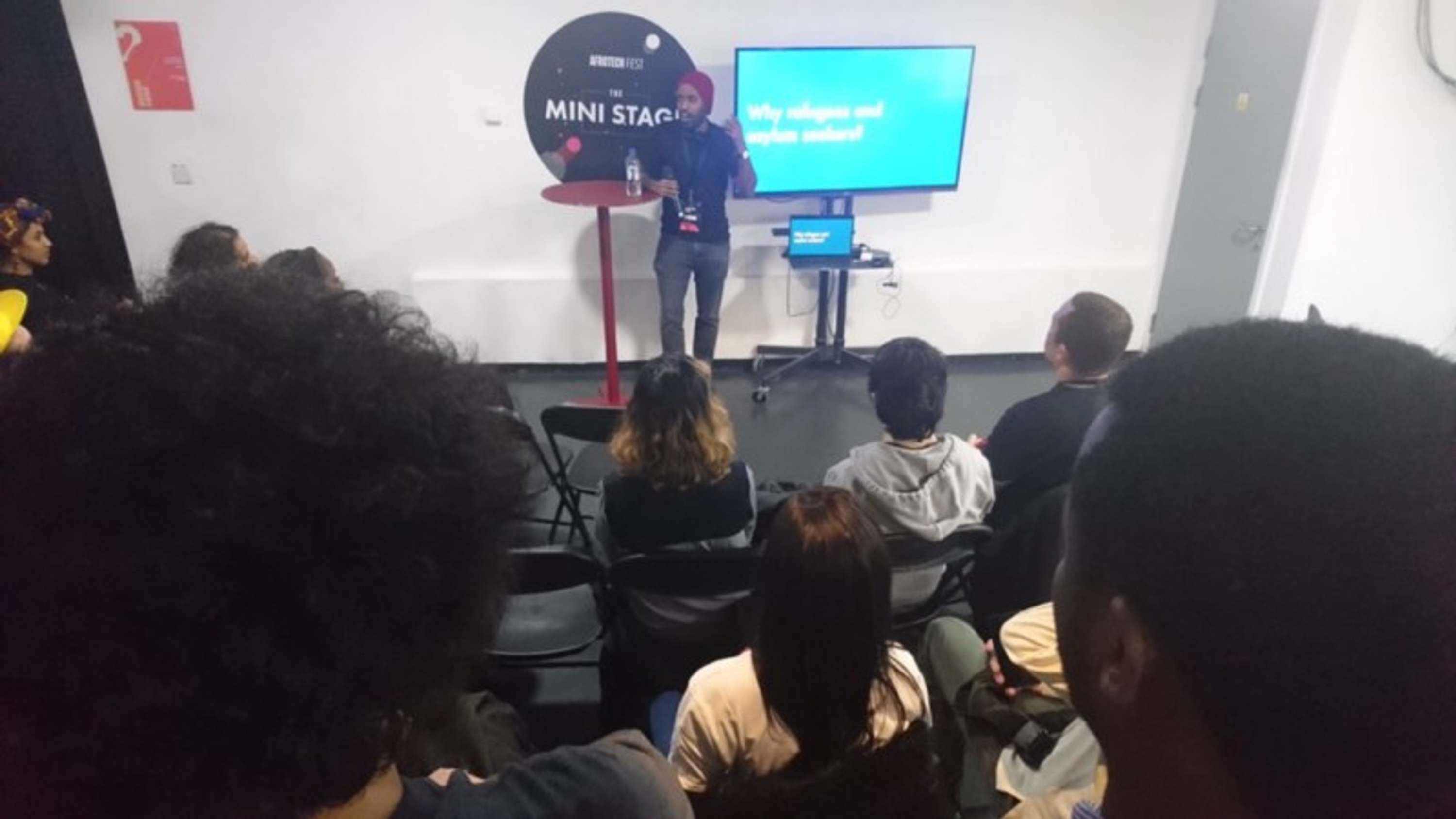 Afrotech Fest Talk by Amy Lynch
Afrotech Fest Talk by Amy Lynch
Why coding?
Mozafar asked the question on our minds:
“When refugees are struggling to have basic necessities met, why teach them a skill which seems so removed and unnecessary?”
His answer: coding is a universal language. It is the only true “democratic skill where people from everywhere can compete on common ground.”
You can feel the weight of the idea sink into the room.
By teaching refugees to code CYF is handing them the single most reliable key to unlocking better lives for themselves.
The results prove it. Course graduates have secured software developer roles in companies like The Financial Times, We got pop — a film production company — and NGOs such as Refugee Say.
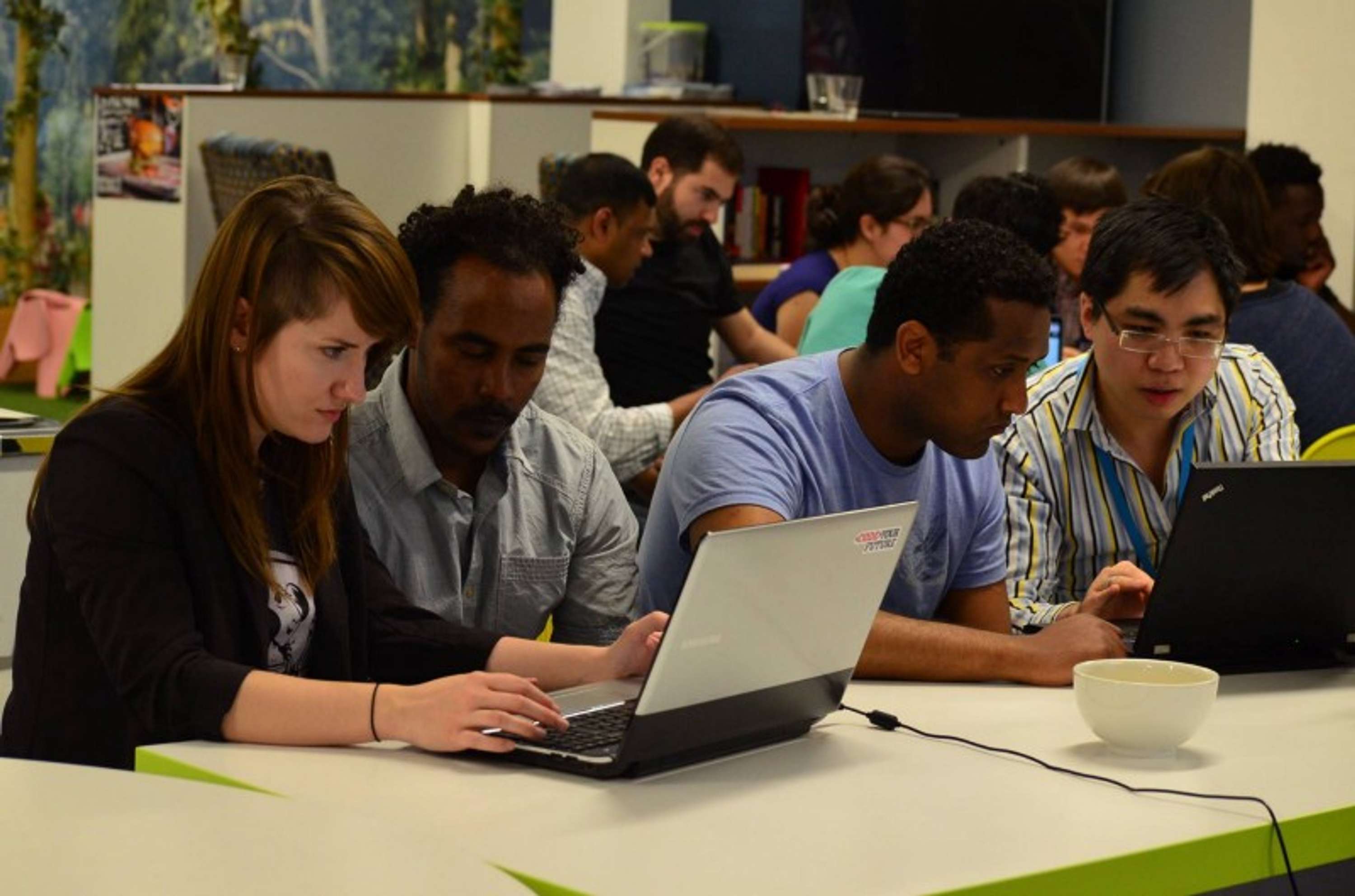 Sunday classes at CYF by Code Your Future
Sunday classes at CYF by Code Your Future
Want to help?
Volunteer
There are a few ways you can get involved:
Techies : Mentor
Do you know how to code? CYF are looking for experienced web developers to mentor the growing number of students. Knowledge of HTML/CSS, JavaScript, Node, Angular, React and Database is fantastic.
If you’re an entrepreneur or tech manager CYF will also welcome you to give workshops on modern software practices and methods.
Companies: Hire
Hire the graduates. “Not”, Mozafar emphaises, “because they’re refugees or as a case of charity but because they’re excellent developers and no one is more hard-working than those who have made the journey of a refugee.”
All of Us: Donate
Old laptops.
The biggest barrier to entry is the lack of sufficient technology. If you work for any big company in London, there is bound to be a stack of old, unwanted laptops lying around. Do CYF, and your company, a favour and give the laptops a new home where they’ll be put to good use.
Non-techies (where are my people at?!) : Volunteer
They say it takes a village to raise a child. I’ve never lived in a village so I can’t confirm the idiom but I do know it takes more than coding skills to run a course of this size. CYF are always looking for extra hands to help with:
- Applicant support and outreach
- Course planning and mentor management
- Marketing and social media
- Graphic design
- Video editing
If there’s a skill you can offer, they’ll be happy to talk.
“Come and volunteer for one weekend”, says Mozafar, a cheeky smile on the edge of his lips. “You’ll never leave!” and the laugh comes tumbling out of him, to be echoed back by the room and a nodding lady who knew all too well the truth in his words.
—–
Website: Code Your Future
Blog: Code Your Future on Medium
Email: london@codeyourfuture.io
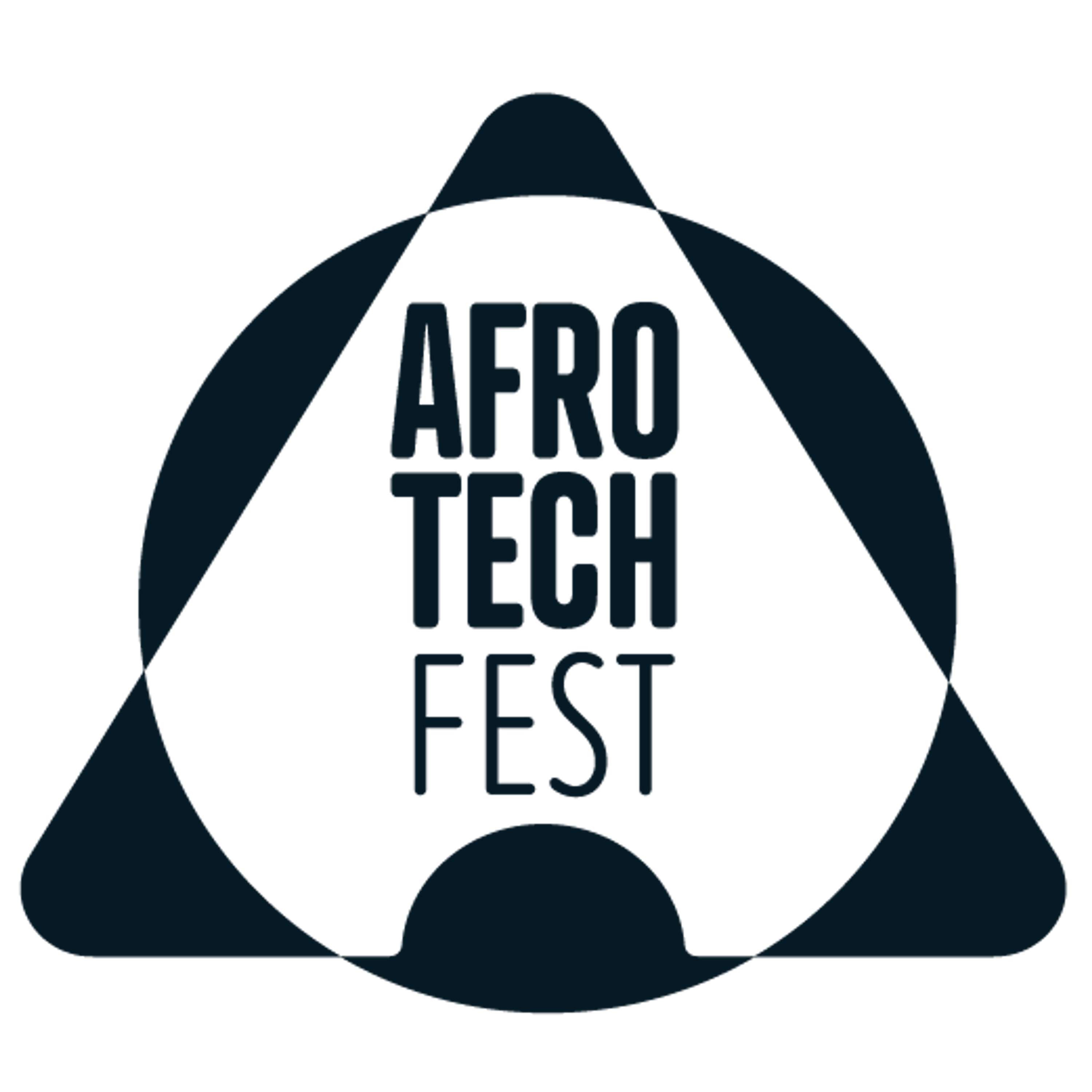
Afrotech Fest is a black and Caribbean founded and focused technology festival exploring the intersection between technology, the arts, history, news, activism and representation. The festival ran between the 26th to the 27th of January, 2018 in London.
“Afrotech Fest provides a space where people across a variety of backgrounds can imagine a future that’s free of the problems of the present.”